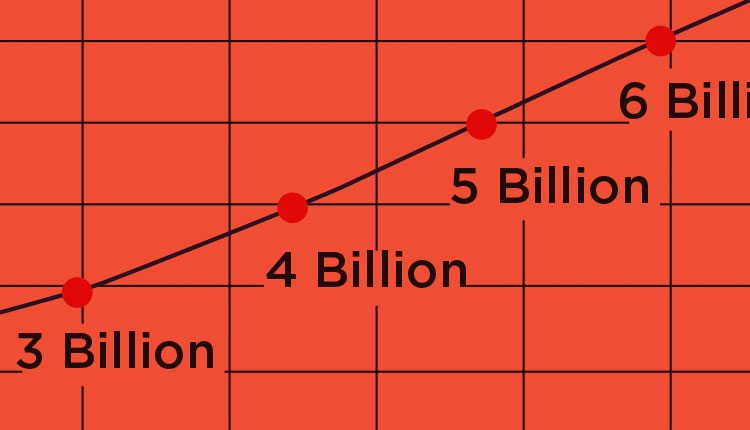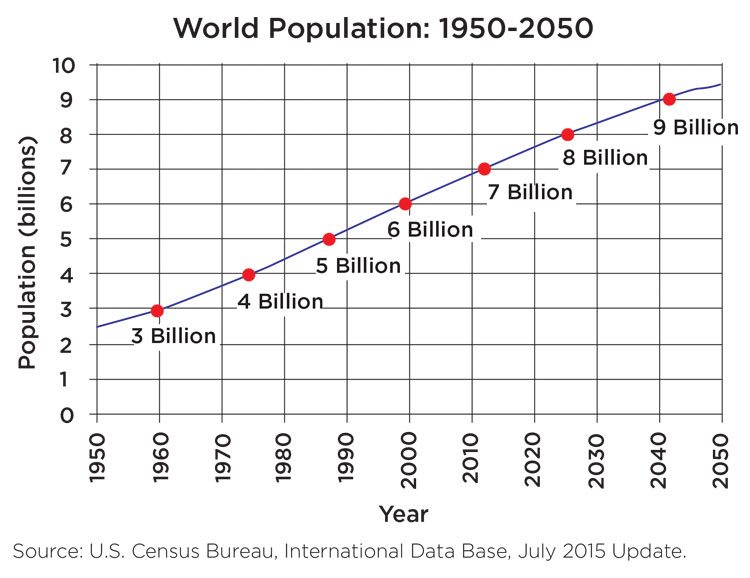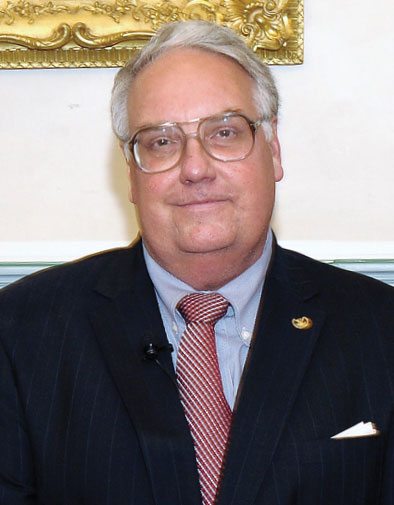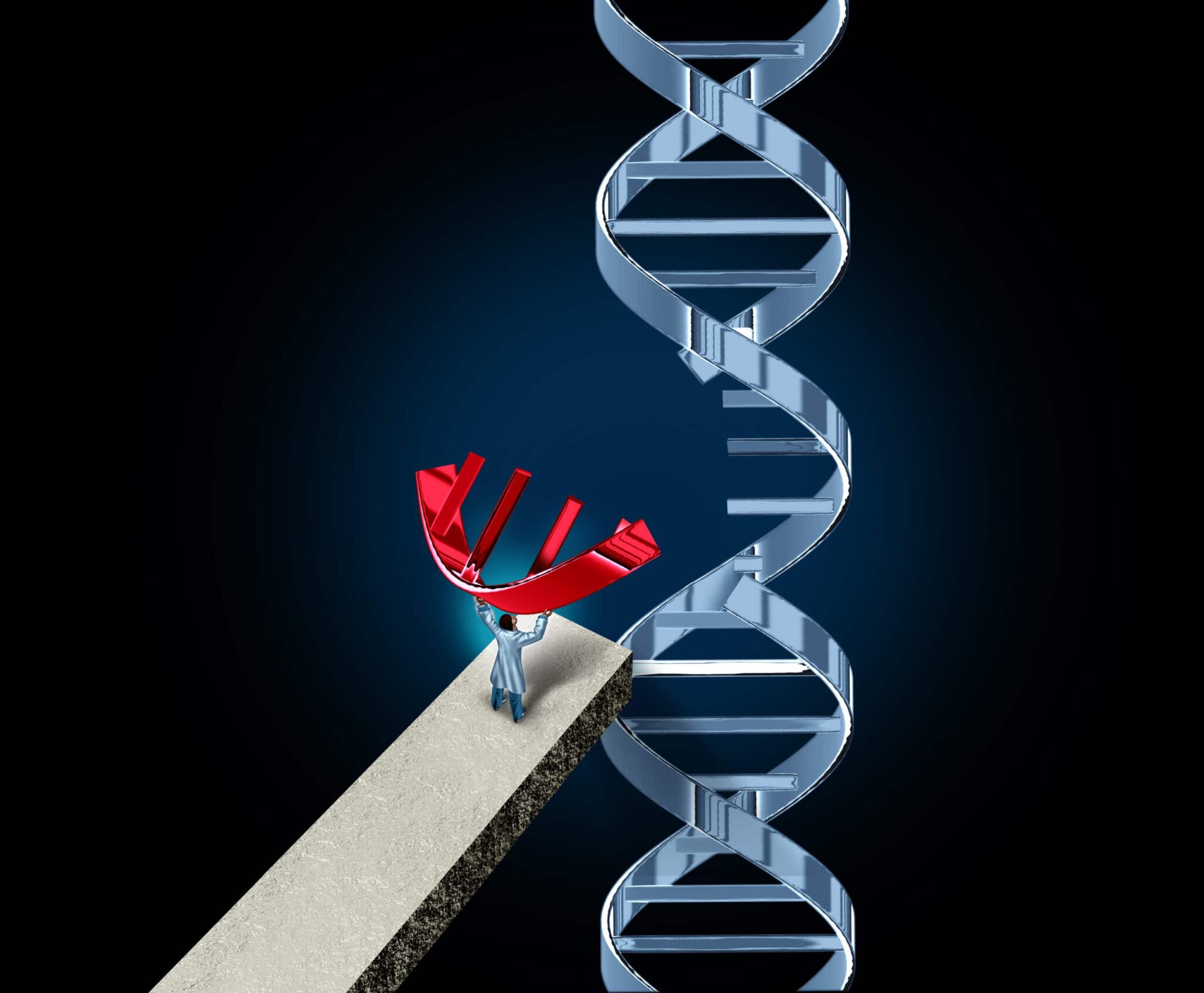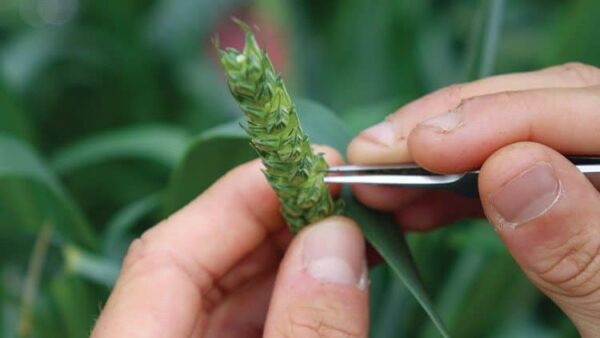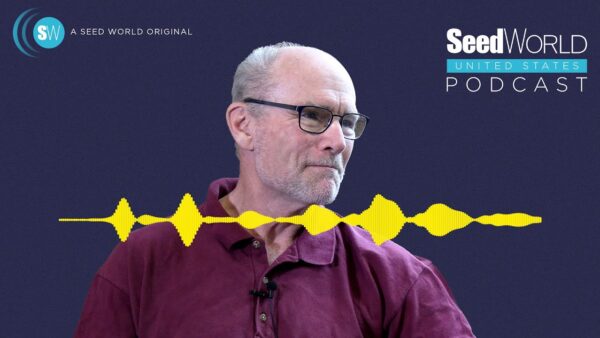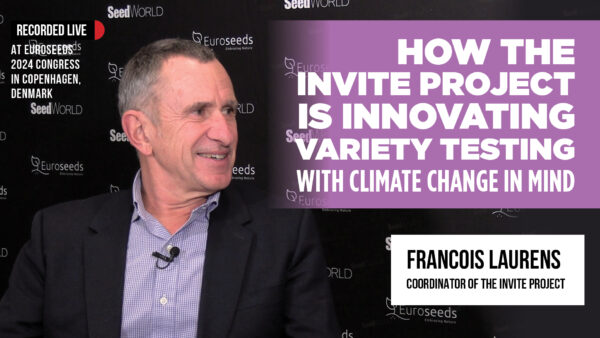Improving productivity while conserving resources is key to feeding a hungry world.
As the world’s population balloons its way to 9.5 billion by 2050, the challenge of feeding these hungry people will require a stew of techniques and methods that will coax more productivity out of limited agricultural resources.
“Improved seeds and more efficient use of fertilizers will be critical to our future production,” says Howard Buffett, chairman and CEO of the Howard G. Buffett Foundation. “However, we need to be smarter about how we use our limited natural resources, particularly our soil and water.
The land available in the world that is not currently farmed is not farmed for a good reason — it is primarily protected land, urban areas, deserts or poor quality soil. Therefore, our only long-term option is to improve productivity while conserving resources.”
Howard Buffett, active farmer and son of legendary investor Warren Buffett, formed the Howard G. Buffett Foundation in 1999. Since then, the foundation has worked in nearly 80 countries focusing their work in three geographic regions: Latin America, Africa and the United States. In Latin America, work is concentrated in El Salvador, Guatemala, Honduras, Nicaragua and Mexico. In Africa, most of the foundation’s work is done in the Great Lakes Region, Ghana, Sierra Leone, Liberia and agricultural research in South Africa.
Buffett told Seed World that to accomplish the goals of improving productivity while conserving resources, we must focus on soil health through the adoption of conservation agricultural practices.
“Most of the world’s millions of farmers are smallholders who are often poor and living harvest to harvest — they don’t have options, they are living to survive and feed their families,” Buffett says. “You will never convince a hungry person to worry about preserving biodiversity. However, demonstrating to farmers who do not have credit and who have limited incomes that there are better farming techniques they can afford is an important option.”
Conservation agriculture can work for all farmers, large and small. “We have been practicing conservation farming on our farms in the United States for 30 years and in South Africa for the last decade,” he says. “As a result, we see improved soil organic matter, better water management, less soil erosion and better weed control. Conservation agriculture is a critical component of the solution to balancing biodiversity with growing demands on global food production.”
The foundation’s food security work focuses on agricultural resource development for smallholder farmers, and supports a range of interventions from research on improved inputs and practices to advocacy to promote the best ideas that will have the broadest impact.
In the North Kivu Province of the Democratic Republic of the Congo (DRC), the foundation is supporting the testing, release, multiplication, marketing and sale of a range of improved varieties at affordable prices. Improved varieties of North Kivu’s principal food crops include maize, beans, rice, soybean, sweet potato and cassava.
“Experience from around the world — and now in a large number of African countries — has shown that the development of a vibrant, competitive seed sector is critical to the sustainable delivery of high-quality seed to farmers, leading to higher crop yields and the development of the broader agricultural sector,” Buffett says.
Seed aid currently includes many projects aimed at improving the lives of smallholder farmers in the DRC. However, strategies for seed supply historically have been almost exclusively based on free seed distribution by government, international relief agencies and local non-governmental organizations (NGOs) to farmers affected by conflict or natural disasters, according to the foundation.
“We view the prolonged dependence on free, top-down seed supply managed by aid agencies as detrimental to farmers’ long-term interests,” Buffett says.
“We view the prolonged dependence on free, top-down seed supply managed by aid agencies as detrimental to farmers’ long-term interests.”
— Howard Buffett
The Foundation has worked with Partners for Seed in Africa (PASA) to develop an approach for seed systems development in Africa that has proven effective in giving choice back to farmers and simultaneously building a more sustainable and more dependable supply system. The approach is based on managing a seed value chain including farmer participatory breeding of new crop varieties, the training of scientists and technicians in practical skills, as well as developing local, private sector seed companies and linking them to agro-dealers operating at the local level.
According to the foundation, this approach changes the scenario for farmer access to improved seed and associated technologies, including fertilizer, lime, seed inoculants and improved crop management practices. It shifts the system from one in which farmers wait to see what development agencies and governments will offer them, to one where their decisions and preferences drive the supply market in line with the needs of the rural farming population.


